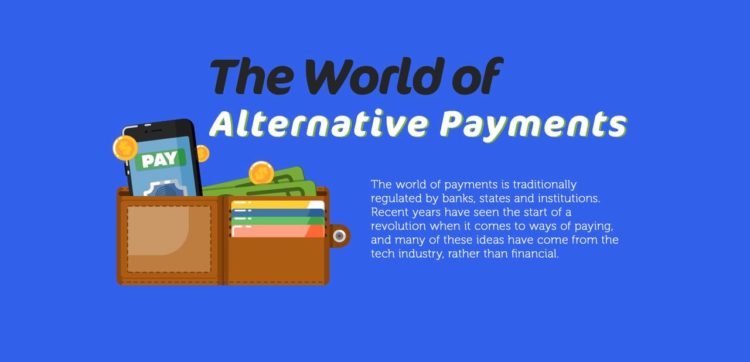Laser eyes on the future: Bitcoin $100,000 USD/ $142,400 CAD
One hundred thousand United States Dollars. It’s a nice round number. The first to be six figures. And seeing it follow the word “Bitcoin” is a historical moment worth celebrating.

The importance of BTC $100,000 usd is largely symbolic. It’s small compared to the up-to-infinite price levels that succeed it. While $100,000 usd is a significant milestone worth pausing to recognize, it is also merely a checkpoint on Bitcoin’s much longer, much larger journey ahead.
Let’s take a moment to remember the early moments of this journey. The year Kraken was founded (2011), Bitcoin’s Dec. 31 closing price was $4.25. From that level, the value of just one of the 21 million bitcoins that will ever exist is now up over 2.3 million percent at BTC $100,000 usd.
BTC $100,000 usd has long been viewed as the next/seemingly “final” frontier for Bitcoin’s price. Laser eyes and dank memes, as well as innovative products and user experiences, have accelerated us to this point.

Through years of speculation around “the world to be when Bitcoin reaches $100,000 usd,” a common sentiment held that the $100,000 usd price level would somehow confer the legitimacy of “a peer-to-peer electronic cash system.” It would show the value of a tamper-resistant and immutable way of recording information. It would prove that decentralization had a place in modern society.
But, now that we are here, those goals may seem as if they still have more to deliver. It feels like this is still only the beginning. We’ve reached a pricing milestone, but when it comes to fulfilling Satoshi’s original vision for Bitcoin – its widespread use as a borderless, worldwide peer-to-peer electronic cash system – Bitcoin is still in its relative infancy.

Over the short term, it’s anyone’s guess whether the price of Bitcoin will continue its sprint higher or pull back from its recent run. What is clear is that the $100,000 usd milestone demonstrates ongoing demand for a reliable, transparent and peer-to-peer way to transact.
BTC $100,000 usd represents a monumental milestone in Kraken’s mission to accelerate the adoption of cryptocurrency, so that everyone can achieve financial freedom and inclusion. We’d like to congratulate those who have built in the space alongside us and played a role in realizing this achievement.
We’d also like to congratulate our clients as they celebrate this watershed moment, while making a commitment to serve them through the next chapters of Bitcoin’s history.
Join us as we reflect on the journey that got us here and commemorate this remarkable day – while we reaffirm our commitment to a future of financial freedom.
These materials are for general information purposes only and are not investment advice or a recommendation or solicitation to buy, sell, stake or hold any cryptoasset or to engage in any specific trading strategy.
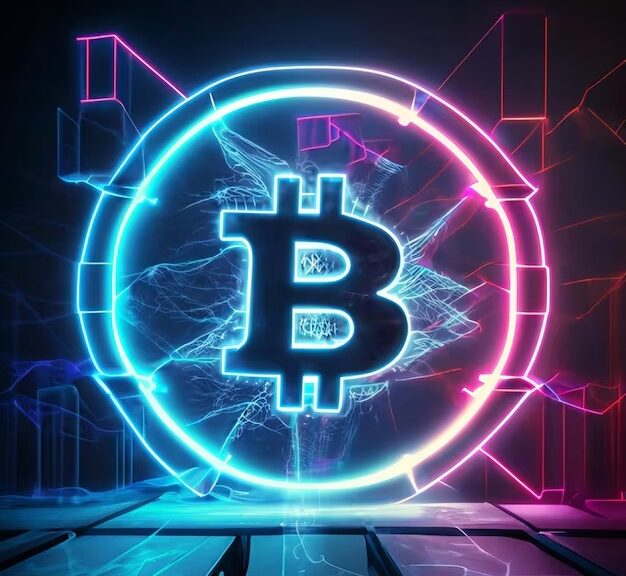
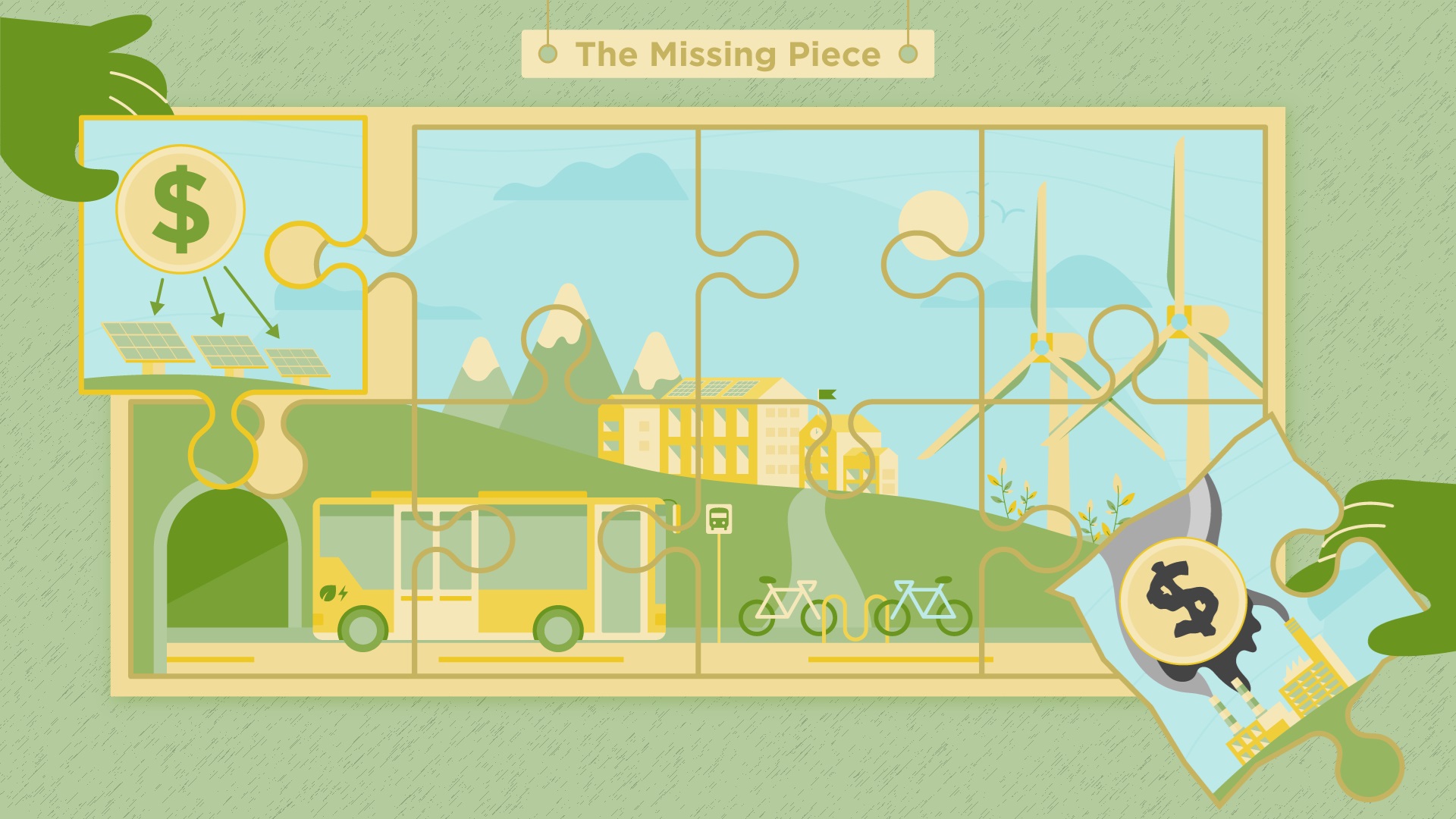






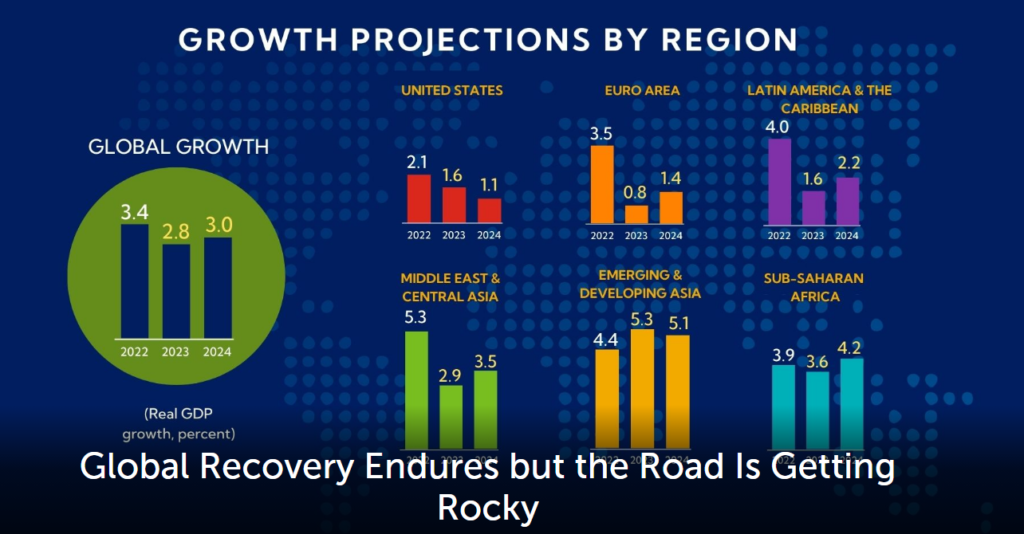




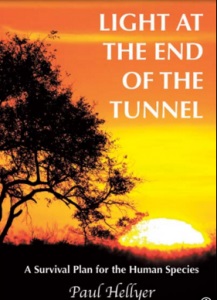

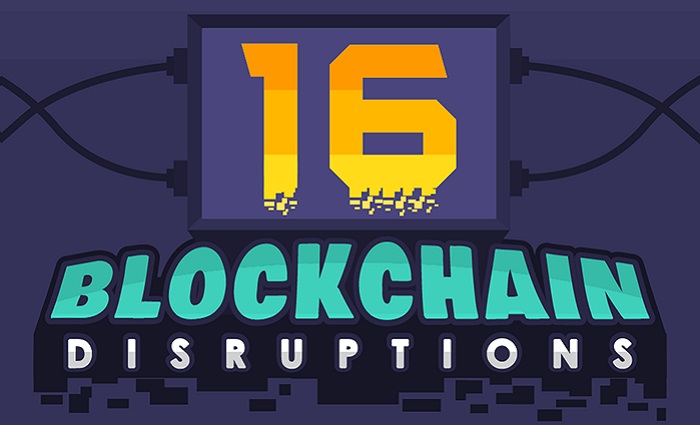

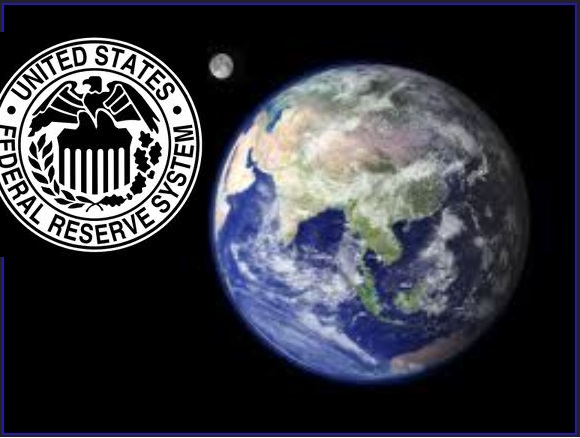
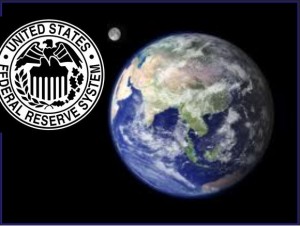


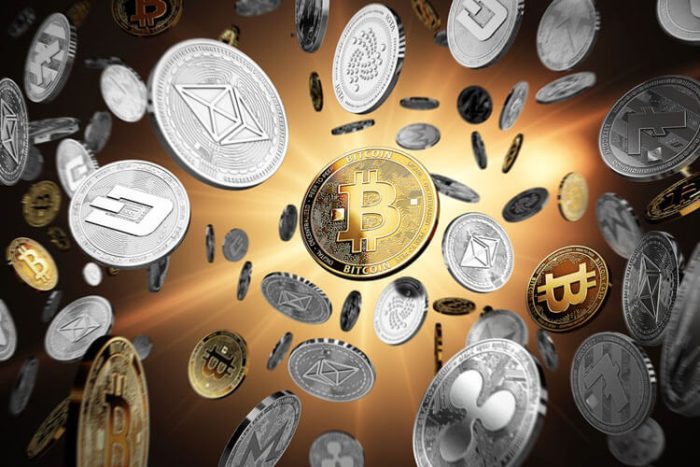

 “White Shark is a game changer.” White Shark app enthusiast Ryan Kesler of the Anaheim Ducks explains. “It’s so easy and fun to use. Buying and selling crypto has become part of my daily routine. There’s no guess work in making money – the accuracy of the algo trading is the only way to go.”
“White Shark is a game changer.” White Shark app enthusiast Ryan Kesler of the Anaheim Ducks explains. “It’s so easy and fun to use. Buying and selling crypto has become part of my daily routine. There’s no guess work in making money – the accuracy of the algo trading is the only way to go.”
